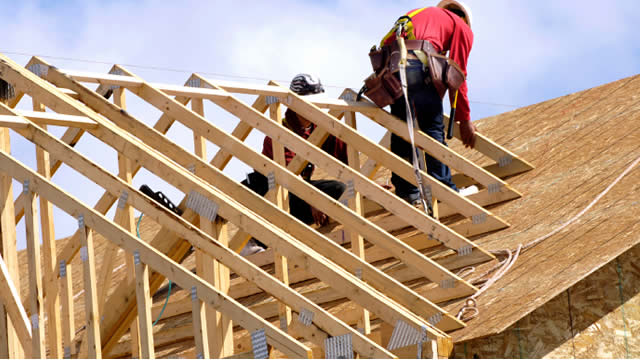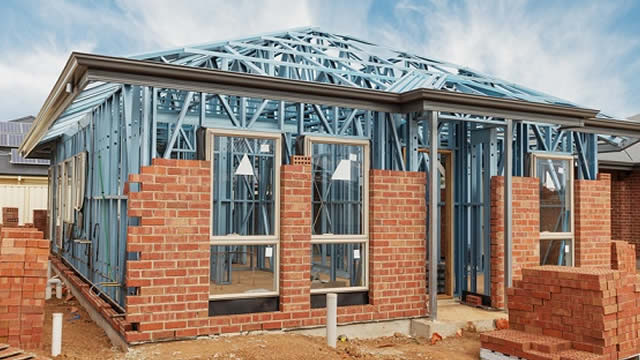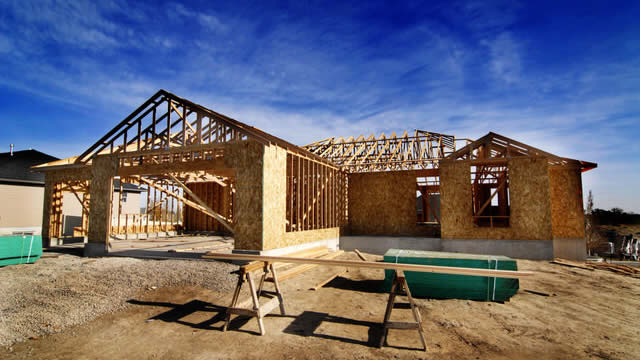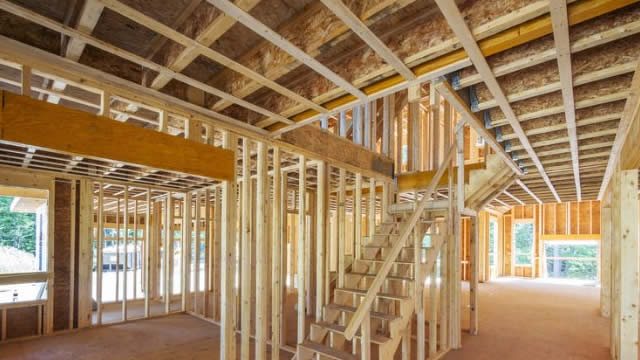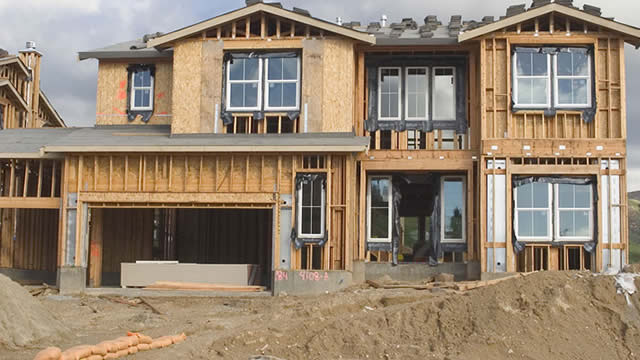DHI Stock Recent News
DHI LATEST HEADLINES
John Lovallo, UBS U.S. homebuilders analyst, joins CNBC's 'Squawk on the Street' to discuss outlooks on homebuilder earnings, expectations for when homebuyers will come off the sidelines, and more.
DHI and PHM earnings exceeded low expectations, sparking a sector-wide rally and confirming a bear-to-bull reversal for homebuilders. Despite declining margins and revenue, strong balance sheets and aggressive share buybacks support DHI and PHM's resilience through the housing slowdown. Recent price surges are technically overextended; I expect pullbacks but see opportunities to buy dips in DHI and PHM on weakness.
Stephen Kim, Evercore ISI, joins 'Closing Bell Overtime' to talk the homebuilder sector and why it saw massive gains today.
CNBC's Diana Olick reports on stocks in the homebuilding sector.
Falling treasury yields could also give the sector a boost.
D.R. Horton, Inc. (NYSE:DHI ) Q3 2025 Earnings Conference Call July 22, 2025 8:30 AM ET Company Participants Bill W. Wheat - Executive VP & CFO Jessica Leigh Hansen - Vice President of Investor Relations Michael J.
D.R. Horton, Inc. DHI reported better-than-expected third-quarter fiscal 2025 (ended June 30, 2025) results, with earnings and total revenues topping Zacks Consensus Estimate but decreasing on a year-over-year basis. The continued housing market softness due to declining consumer confidence and affordability concerns marred the company's quarterly performance, resulting in lower home closings, alongside decreased average selling price (ASP).
Shares of D.R. Horton (DHI 14.50%), one of the nation's biggest homebuilders, soared 14.4% through 11:40 a.m.
Shares of PulteGroup Inc (NYSE:PHM) were last seen up 9.4% at $118.81, after the company topped second-quarter earnings and revenue estimates with help from buyer incentives.
The headline numbers for D.R. Horton (DHI) give insight into how the company performed in the quarter ended June 2025, but it may be worthwhile to compare some of its key metrics to Wall Street estimates and the year-ago actuals.

